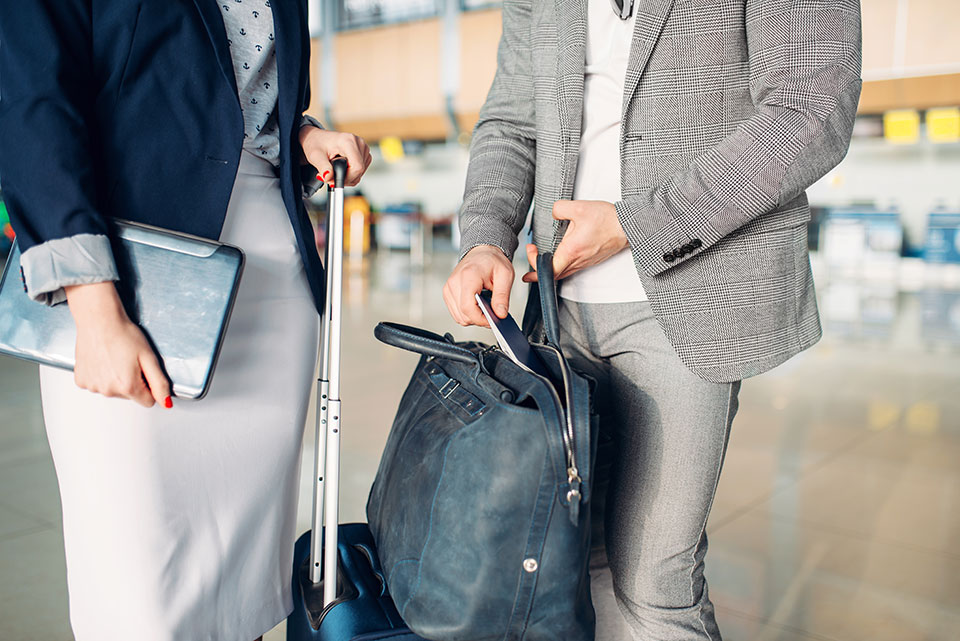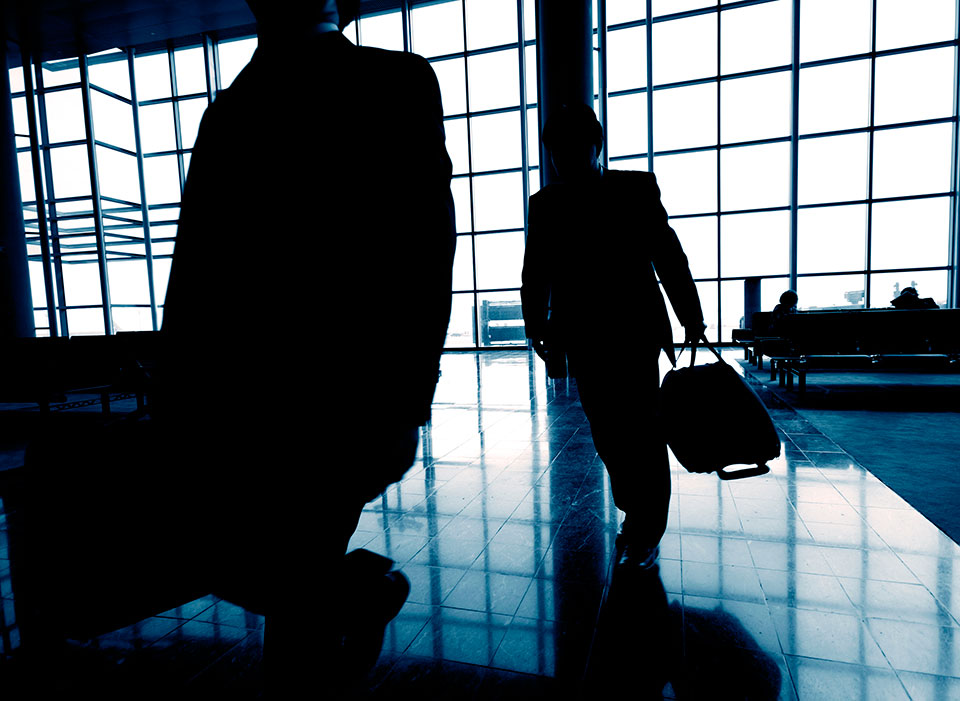Do I Need Health Certificates During COVID-19 for Business Travel?

As many countries begin to ease their coronavirus entry restrictions, it is important to know the requirements for international business travel, including whether a COVID-19 health certificate is required.
As COVID-19 vaccines continue to be rolled out around the world, we seem to be slowly crawling closer to some degree of normalcy in the world of business. Meetings and conferences held over zoom calls could soon cease to be the norm and you may soon need to begin organizing your next international business trip once again.
However, although a number of countries have begun easing their entry restrictions for business travelers, we can probably expect coronavirus requirements such as the need to present travel health certificates or self-isolate on arrival to be in place for some time to come.
This complete guide aims to help you understand the document requirements you need to meet to visit an international destination as a business traveler and clear up some of the COVID-19 misinformation currently circulating online.
COVID-19 Fit to Fly Certificate for Business Travelers
There is little doubt that COVID has affected workers around the world in the past year, confining the majority of business dealings to home offices and largely ending the concept of the international business trip for the time being.
Nevertheless, some countries have continued to allow corporate and investment visits through the introduction of the “Business Travel Bubble” concept, which permits free movement between territories with low rates of COVID-19 infection. A large number of countries, as well as some US states, have now begun allowing access to business travelers on the condition that they have a travel health certificate, also known as a fit-to-fly certificate.
Fit-to-fly certificates may be issued by a laboratory or health center. Fit to fly certificates can also be obtained online in some cases. They provide proof that the holder has recently tested negative for COVID-19 and is cleared for travel. Therefore, it is first necessary to be tested for coronavirus before a certificate can be granted.
It is important to check the coronavirus requirements for your destination before getting tested, as they can vary by country. While some territories require the traveler to get the test no later than 24 hours before departure, others allow the testing to be done up to 48 hours or longer before the intended date of arrival.
Accepted testing methods also vary depending on the destination. Many countries only accept a negative RT-PCR COVID test result, while others accept an antibody or rapid antigen test as proof of the absence of infection.
In some cases, you may also be required to provide proof of having undergone further medical screening by a medical professional, including having your lungs checked, for a fit-to-travel certificate to be issued.
Will a COVID Vaccine be Mandatory for International Business Travel?
Now that vaccination drives are well and truly underway across the world, some countries are allowing international business travelers to present proof of having received a coronavirus vaccine or having recovered from the virus in place of a test certificate.
The types of COVID-19 vaccine accepted vary by country. For example, to travel to many countries in Europe with a vaccine certificate, it is necessary to have been inoculated with one of the vaccines approved by the European Medicines Agency. These include the Cominarty, Janssen, AstraZeneca, and Moderna vaccines.
Nevertheless, it is not expected that a COVID vaccine will be required for international travel as a mandatory requirement for many countries due to concerns that discrimination could arise against those that have not been vaccinated. Additionally, questions have been raised about the efficiency of the vaccines currently in use against the new strains of coronavirus that have emerged in countries such as India, South Africa, and the United Kingdom.
Therefore, many destinations are allowing either a vaccine certificate or proof of a negative test result for COVID-19 to be presented in order to gain entry to their territory. However, it should be noted that some additional requirements may be in place for travelers who have not been vaccinated, such as the need to undergo additional testing and self-isolation on arrival.
COVID Vaccine Passport for Business Travelers
One of the initiatives being developed to facilitate travel during the coronavirus pandemic is the concept of the digital COVID-19 vaccine passport. A number of governments around the world and airlines are launching these electronic vaccination certificates to make it easier for travelers to store and present proof of vaccines, as well as health certificates with negative coronavirus test results.
The International Air Transport Authority (IATA) is currently testing its own version of a digital certificate, called the Travel Pass, while the government of China has already launched an electronic passport for its citizens. Additionally, the European Union has begun developing a digital vaccine pass for EU countries.
Digital COVID vaccine passes take the form of an app that can be downloaded on a mobile device and securely and electronically stores proof of vaccination against coronavirus. The device can then be presented to airline staff to board a flight or to immigration authorities on arrival to gain entry to the country of destination.
Nevertheless, while they provide an easy and hassle-free way to gain entry to an internal destination during the ongoing pandemic, it is not expected that digital vaccine passes will become a mandatory travel requirement. The current US administration, as well as a number of other governments worldwide, insist that paper vaccine and test certificates should also be accepted.
Bring the best of the CEOWORLD magazine's global journalism to audiences in the United States and around the world. - Add CEOWORLD magazine to your Google News feed.
Follow CEOWORLD magazine headlines on: Google News, LinkedIn, Twitter, and Facebook.
Copyright 2025 The CEOWORLD magazine. All rights reserved. This material (and any extract from it) must not be copied, redistributed or placed on any website, without CEOWORLD magazine' prior written consent. For media queries, please contact: info@ceoworld.biz











